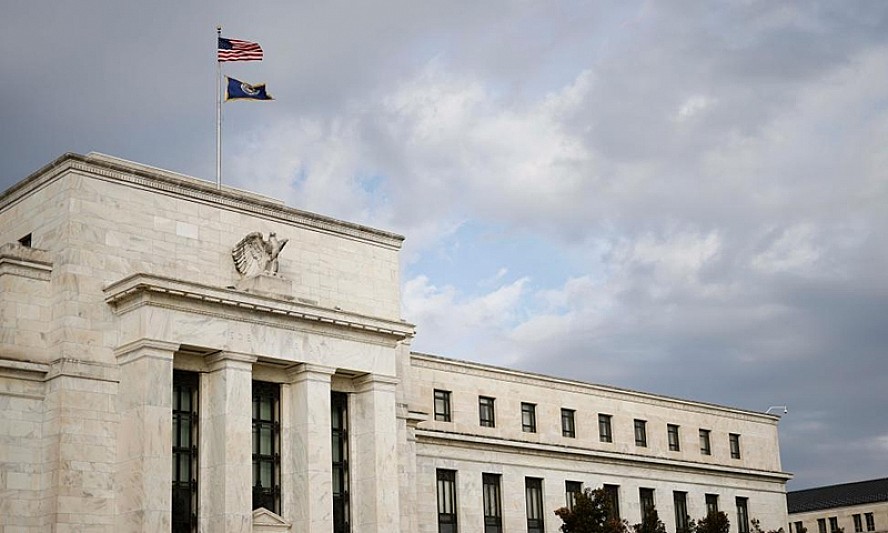Fed Scraps Notification Requirements for Crypto Activities
25.04.2025 7:00 1 min. read Kosta Gushterov
In a major policy shift, the Federal Reserve announced on Thursday that it will no longer require state-chartered member banks to notify the central bank before engaging in crypto-asset activities.
Previously, banks had to submit advance notice of plans to deal in digital assets. The Fed now says it will simply monitor these activities through its usual supervisory process, removing a major regulatory hurdle.
Dollar Token and Stablecoin Oversight Also Rolled Back
Alongside this move, the Fed also canceled its 2023 guidance that forced banks to obtain formal non-objection letters before offering services tied to dollar-backed tokens or stablecoins. The rollback gives banks more flexibility to experiment with digital dollar services, a growing sector that has faced heavy scrutiny in recent years.
In coordination with the FDIC and OCC, the Fed also withdrew two joint statements from 2023 that warned banks about crypto-related risks. The agencies say these changes reflect evolving market conditions and a renewed commitment to fostering innovation. While the Fed may issue updated rules in the future, it emphasized that current steps aim to create a more adaptable and innovation-friendly banking environment—especially in the digital asset space.
-
1
Japan Plans Major Crypto Reform with New Tax Rules and ETF Access
24.06.2025 20:00 2 min. read -
2
Gemini Launches Tokenized MicroStrategy Stock for EU Users
28.06.2025 9:30 2 min. read -
3
Here is When the U.S. House Will Vote on Key Crypto Bills
04.07.2025 12:00 2 min. read -
4
U.S. Crypto Investors Hit by IRS Letter Surge as Tax Crackdown Looms
29.06.2025 11:00 3 min. read -
5
Ripple Drops Cross-Appeal, Moves to End SEC Case “Once and for All”
28.06.2025 12:30 2 min. read
Senate Confirms Crypto-Linked Nominee Jonathan Gould to Head OCC
The U.S. Senate has confirmed Jonathan Gould as the next head of the Office of the Comptroller of the Currency (OCC), moving his nomination to President Donald Trump for final approval.
Australia Tests CBDCs in 24 Separate Real-World Finance Use Cases
Australia is stepping up its digital currency efforts with the next phase of Project Acacia, a pilot focused on testing central bank digital currency (CBDC) and tokenized finance in real-world applications.
U.S. Treasury Eliminates Crypto Reporting Rule Targeting Decentralized Exchanges
According to Bloomberg the U.S. Treasury Department has officially eliminated a controversial crypto reporting requirement that targeted decentralized exchanges.
U.S. Lawmakers Target El Salvador With Crypto Sanctions Plan
Three Democratic senators—Chris Van Hollen, Tim Kaine, and Alex Padilla—unveiled a bill aiming to penalize El Salvador’s President Nayib Bukele and his allies.
-
1
Japan Plans Major Crypto Reform with New Tax Rules and ETF Access
24.06.2025 20:00 2 min. read -
2
Gemini Launches Tokenized MicroStrategy Stock for EU Users
28.06.2025 9:30 2 min. read -
3
Here is When the U.S. House Will Vote on Key Crypto Bills
04.07.2025 12:00 2 min. read -
4
U.S. Crypto Investors Hit by IRS Letter Surge as Tax Crackdown Looms
29.06.2025 11:00 3 min. read -
5
Ripple Drops Cross-Appeal, Moves to End SEC Case “Once and for All”
28.06.2025 12:30 2 min. read


